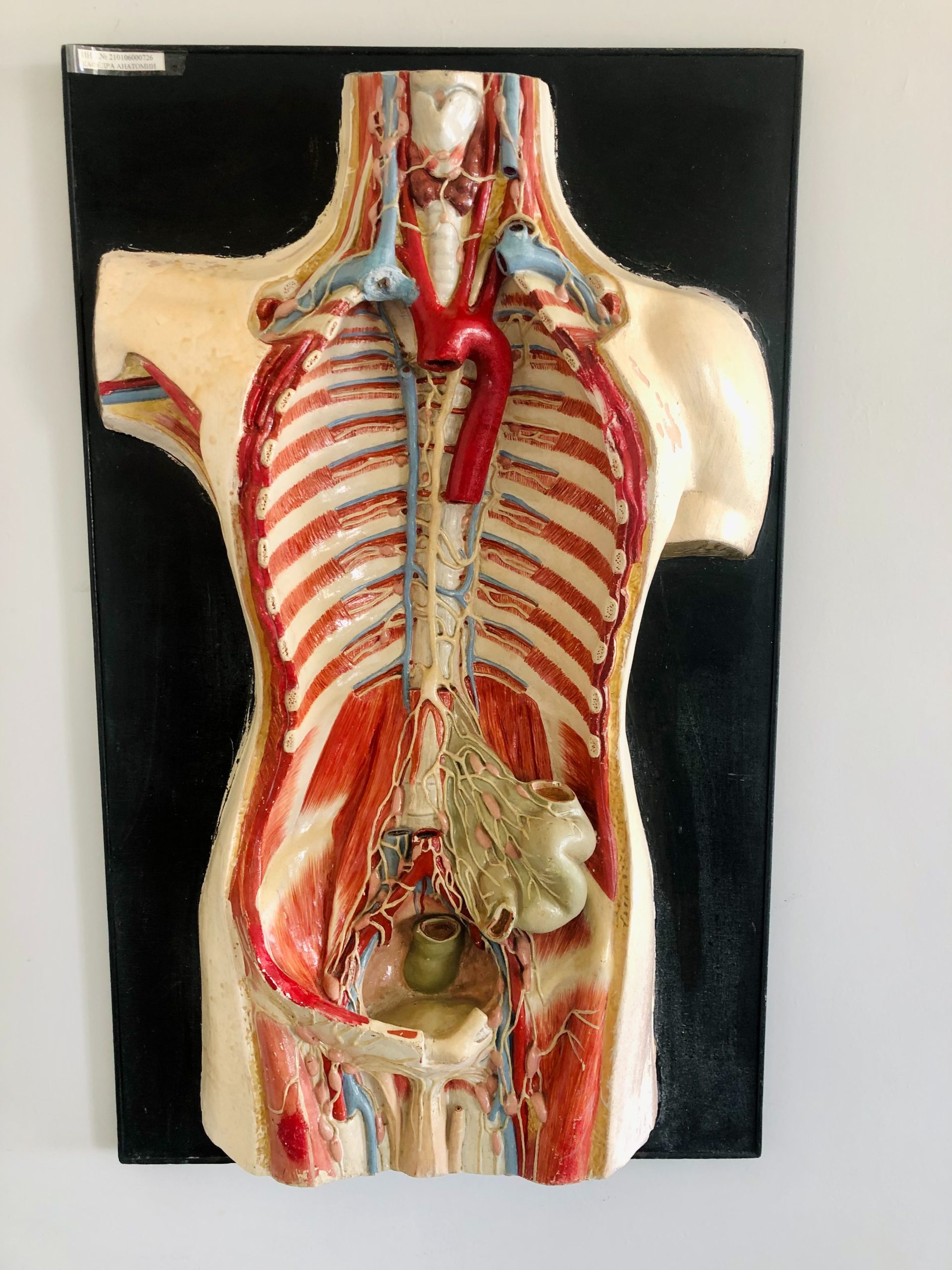In recent years, the role of nutrition in preventing chronic diseases has garnered significant attention from both the scientific community and the general public. Chronic diseases such as heart disease, diabetes, cancer, and obesity are leading causes of death and disability worldwide. The World Health Organization (WHO) estimates that chronic diseases account for approximately 71% of all deaths globally. As the prevalence of these conditions continues to rise, understanding the impact of nutrition on chronic disease prevention has become increasingly crucial.
The Link Between Nutrition and Chronic Diseases
Nutrition plays a fundamental role in maintaining overall health and well-being. A balanced diet provides essential nutrients that support bodily functions, including growth, repair, and immune system function. Conversely, poor dietary habits can contribute to the development and progression of chronic diseases.
Cardiovascular Diseases
Cardiovascular diseases (CVD) encompass a range of conditions affecting the heart and blood vessels, including coronary artery disease, hypertension, and stroke. Nutrition is a key modifiable risk factor for CVD. Diets high in saturated fats, trans fats, and cholesterol can lead to the buildup of plaque in the arteries, increasing the risk of heart attacks and strokes. Conversely, diets rich in fruits, vegetables, whole grains, and lean proteins have been shown to reduce the risk of CVD.
The Mediterranean diet, characterized by high consumption of olive oil, fruits, vegetables, nuts, and fish, has been extensively studied for its cardioprotective effects. Research suggests that adherence to the Mediterranean diet can significantly reduce the risk of CVD by improving lipid profiles, reducing inflammation, and enhancing endothelial function.
Diabetes
Type 2 diabetes is a chronic condition characterized by insulin resistance and high blood sugar levels. Nutrition plays a critical role in the prevention and management of diabetes. Diets high in refined sugars and processed foods can lead to obesity, a major risk factor for type 2 diabetes. Conversely, diets rich in fiber, whole grains, and healthy fats can improve insulin sensitivity and help maintain stable blood sugar levels.

The Dietary Approaches to Stop Hypertension (DASH) diet, which emphasizes fruits, vegetables, whole grains, and low-fat dairy products, has been shown to improve glycemic control and reduce the risk of developing type 2 diabetes. Additionally, the consumption of foods with a low glycemic index, such as legumes and non-starchy vegetables, can help manage blood sugar levels and prevent diabetes-related complications.
Cancer
Nutrition also plays a significant role in cancer prevention. Certain dietary patterns and specific nutrients have been linked to a reduced risk of various types of cancer. Diets high in fruits and vegetables provide a rich source of antioxidants, vitamins, and minerals that can protect against oxidative stress and inflammation, both of which are implicated in cancer development.
Cruciferous vegetables, such as broccoli, cauliflower, and Brussels sprouts, contain compounds like sulforaphane that have been shown to have anti-cancer properties. Additionally, the consumption of fiber-rich foods, such as whole grains and legumes, has been associated with a lower risk of colorectal cancer. Conversely, diets high in red and processed meats have been linked to an increased risk of colorectal and other cancers.
Obesity
Obesity is a major risk factor for numerous chronic diseases, including CVD, diabetes, and certain cancers. Nutrition is a critical determinant of body weight and composition. Diets high in calorie-dense, nutrient-poor foods, such as sugary beverages, fast food, and snacks, contribute to weight gain and obesity. Conversely, diets rich in whole foods, such as fruits, vegetables, lean proteins, and whole grains, can help maintain a healthy weight and prevent obesity-related chronic diseases.
The role of portion control and mindful eating cannot be overstated in the context of obesity prevention. Being aware of portion sizes and eating slowly to recognize satiety cues can help prevent overeating and promote a healthy weight.
Practical Dietary Recommendations for Chronic Disease Prevention
While individual nutritional needs may vary, certain dietary principles can be universally applied to reduce the risk of chronic diseases:
- Emphasize Whole Foods: Prioritize the consumption of whole, minimally processed foods. Fruits, vegetables, whole grains, legumes, nuts, and seeds should form the foundation of a healthy diet.
- Limit Added Sugars and Refined Carbohydrates: Reduce the intake of sugary beverages, desserts, and snacks. Choose whole grains over refined grains to maintain stable blood sugar levels and reduce the risk of diabetes and obesity.
- Choose Healthy Fats: Incorporate sources of healthy fats, such as avocados, nuts, seeds, and olive oil, while limiting saturated and trans fats found in processed and fried foods.
- Increase Fiber Intake: Consume a variety of fiber-rich foods, including fruits, vegetables, whole grains, and legumes, to support digestive health and reduce the risk of CVD, diabetes, and certain cancers.
- Moderate Portion Sizes: Be mindful of portion sizes and avoid overeating. Eating smaller, balanced meals throughout the day can help maintain a healthy weight and prevent obesity-related chronic diseases.
- Stay Hydrated: Drink plenty of water throughout the day to support overall health and well-being. Limit the consumption of sugary beverages and alcohol.
- Limit Red and Processed Meats: Reduce the intake of red and processed meats, which have been linked to an increased risk of certain cancers. Opt for lean proteins, such as poultry, fish, and plant-based sources like beans and tofu.
- Incorporate Physical Activity: While not directly related to nutrition, regular physical activity complements a healthy diet in preventing chronic diseases. Aim for at least 150 minutes of moderate-intensity exercise per week.
Conclusion
The role of nutrition in preventing chronic diseases cannot be overstated. A balanced diet rich in whole foods, healthy fats, and fiber, combined with mindful eating practices and regular physical activity, can significantly reduce the risk of chronic diseases such as CVD, diabetes, cancer, and obesity. By making informed dietary choices, individuals can take proactive steps to protect their health and improve their quality of life. As research continues to evolve, the importance of nutrition in chronic disease prevention will remain a cornerstone of public health initiatives worldwide.










